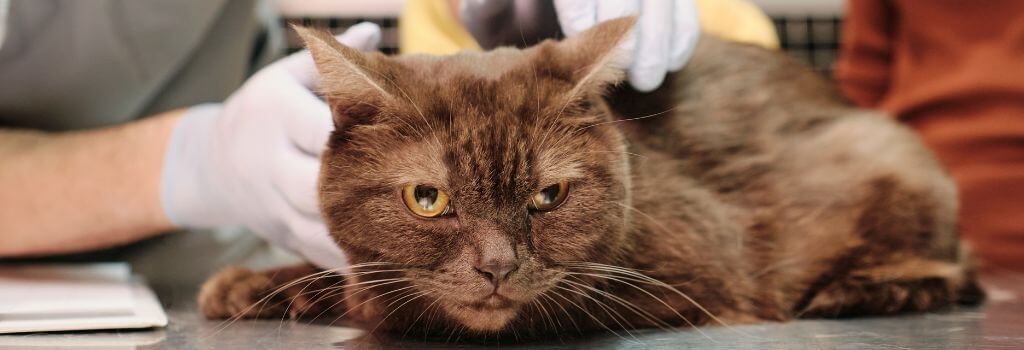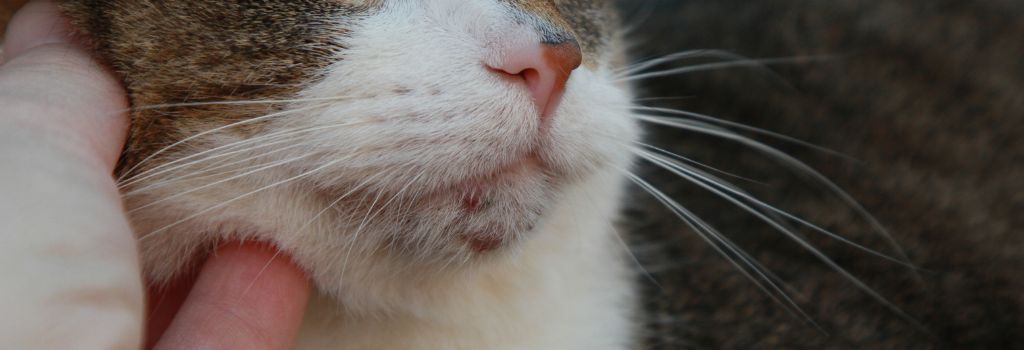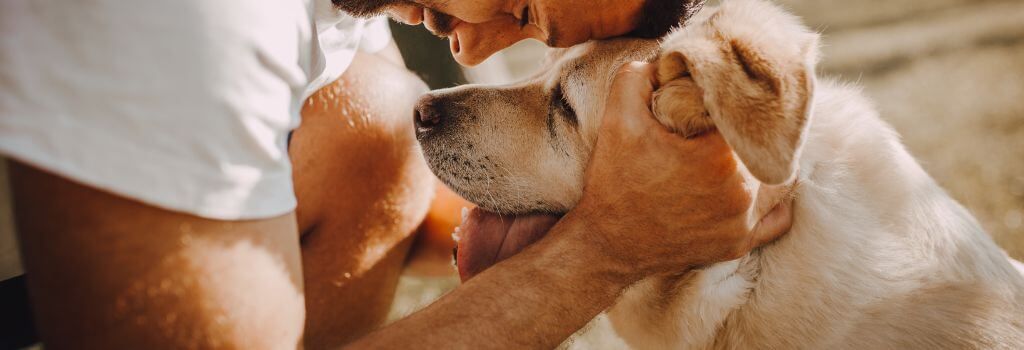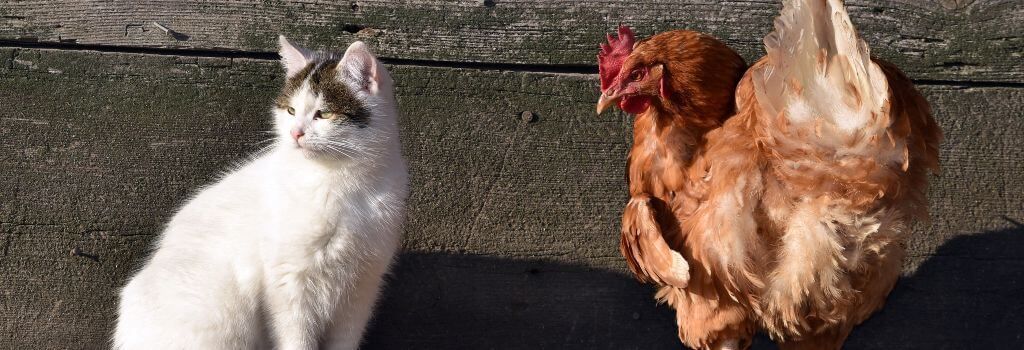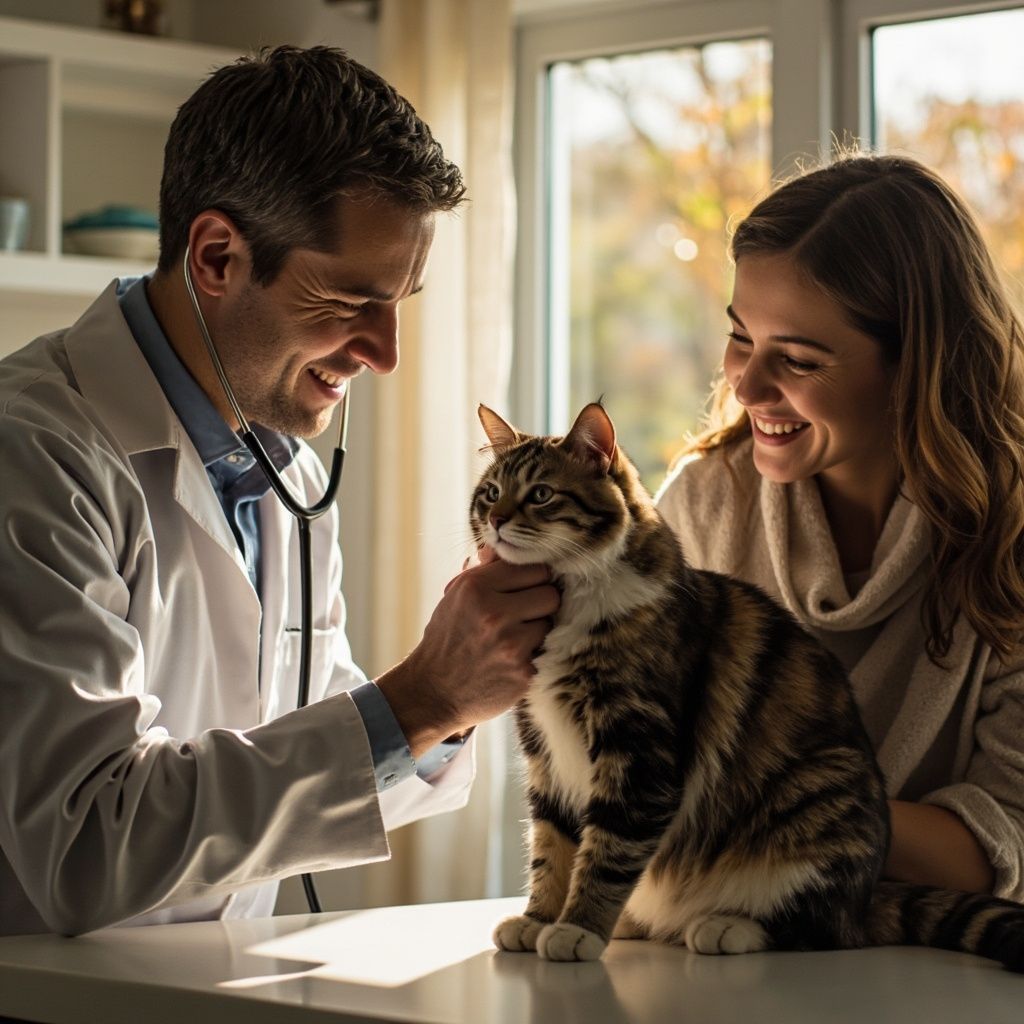6 Ways to Set Your Dog Up for Optimal Health in the New Year
With every New Year comes a wide variety of New Year’s resolutions for humans, many of which are health-focused — from exercising regularly and eating healthier to quitting smoking and learning yoga. It only seems natural that our beloved dogs should also adopt a health-first approach to the New Year, which can be as easy as accompanying their owners during their fitness regimens. As we celebrate the New Year and all the positive change that comes with it, the following are six ways to set your dog up for optimal health in 2022 and make this year their best yet.
1. Nutrition & Weight Management
Much like humans give themselves a health reality check by stepping on the scale once the holiday festivities are over, the same should be done for your dog. Maintaining a healthy weight is of paramount importance to your dog’s overall health and well-being, with several obesity-related illnesses shortening the lifespan of those that don’t pay attention to the scale.
Dogs can fairly easily maintain a proper weight with the following:
- A well-balanced, quality dog food served in the correct portions
- A trip to the veterinarian for a weight check and discussion of how much they’re eating, water consumption, and if there are any recommended supplements
- Being aware of the number of treats you and others give your dog daily, which shouldn’t exceed 10 percent of their daily calories
The Purina Body Condition Score (BCS) document is an excellent tool for keeping an eye on your dog’s nutrition and weight.
2. Preventive Care
Ensuring your dog receives their monthly preventatives is another area of importance for their health. Preventive medications keep your dog free and clear of easily-avoided health issues such as heartworm , flea and tick-related diseases , and internal parasites. Veterinarians strongly recommend preventive medications and treatments, understanding that many illnesses are far easier (and less expensive) to prevent than they are to treat. The AVMA offers insight into the safe use of specific preventative products.
3. Dental Health
Your dog’s dental care is another critical area of their overall health, as periodontal disease and resulting bacteria can get into their bloodstream and seriously impact their heart, kidneys, liver, and immune system. Regular brushing is critical, and dog owners can also consider dental chews that help break down plaque and tartar to prevent periodontal disease. Poor dental hygiene not only impacts your dog’s internal organ health but can also be incredibly painful and lead to them not eating well due to the added discomfort of chewing. Dental disease can lead to infections in the mouth which are painful and costly to treat. Before beginning an at-home oral hygiene regimen, be sure to have your dog examined by your veterinarian to ensure you won’t be causing oral pain by brushing.

4. Exercise
We can’t emphasize this area of your dog’s health enough — your dog needs exercise ! Keeping your pet active and physically fit has immeasurable benefits to their overall health and well-being, keeping their weight down, organs healthy, and providing mental stimulation. Take your dog on regular walks, take them hiking, play fetch, take them swimming, and make sure they have interactive toys that keep them moving. Even practicing tricks is a form of exercise that comes with great mental stimulation to keep their brains active. Regular exercise can add years to your dog’s life and leave them feeling happy, loved, and sleeping well.
5. Wellness Exams
If you’re not already taking your dog to see their veterinarian on an annual basis, let this be the New Year’s resolution you stick to. A yearly wellness exam provides your veterinarian with the opportunity to give your dog a thorough head-to-tail checkup, possibly picking up on new ailments or diseases that have gone unnoticed. During a wellness visit, your veterinarian will conduct a physical examination and perform any diagnostics or health screenings to spot developing diseases. These exams have the potential to save your dog’s life if something is caught early and treated before symptoms are present.
6. Love and Attention
Dogs thrive in loving, nurturing relationships with their owners. Establishing a formidable emotional bond with your dog is good for their behavior and temperament and makes them feel loved and a part of the family. Make sure belly rubs, quality time, brushing their hair coat , snuggles, and playtime are a part of your daily routine in the New Year, and your dog will return the favor with love and a happy temperament.
Set a health-related resolution for your dog and yourself as you head into the New Year. If you resolve to exercise more often, choose activities that can include your dog and check both off your list simultaneously. This will lead to improved health for both of you and strengthen your bond. If you would like to learn more about achieving optimal health for your dog in the New Year, contact us.
Recent Posts

